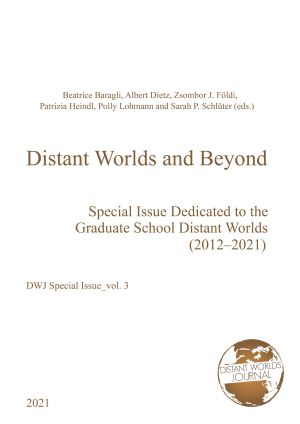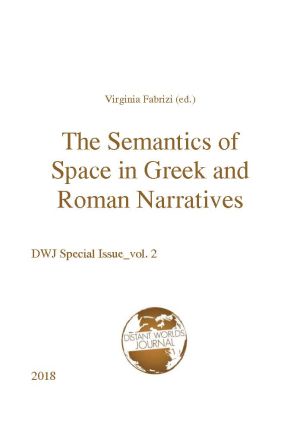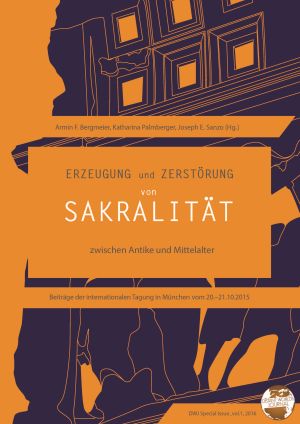Distant Worlds Journal Special Issues
The DWJ Special Issues are volumes published separately to the regular issues of the Distant Worlds Journal (DWJ). The DWJ is an electronic peer-reviewed journal, that offers Doctoral Students and Post-Docs in Ancient Studies a platform to publish their ideas and the results of their research. Each regular issue of the journal is concerned with a main theme that can be addressed by researchers of different ancient cultures and likewise approached from different perspectives.
Distant Worlds brings together scholars of different fields of ancient studies to discuss ancient societies and their material remains through overarching issues and questions. The DWJ Special Issues are a potential publication platform for workshops and conferences organised by members (and former members) of the Graduate School for Ancient Studies Distant Worlds of the Ludwig-Maximilians-Universität Munich. Like the regular issues of the DWJ, these Special Issues also serve as a forum for interdisciplinary discussion, and to disseminate the work of all participating early career scholars to an international audience.
Contact
Albert Dietz, M. A.
Ludwig-Maximilians-Universität
Distant Worlds: Munich Graduate School for Ancient Studies
Doctoral Fellow
Schellingstr. 3
80799 München
E-Mail: dw-journal@mzaw.lmu.de
Published so far
Distant Worlds and Beyond: Special Issue Dedicated to the Graduate School Distant Worlds (2012‒2021)
This special issue of the Distant Worlds Journal concludes the series in the form of a Festschrift for the institution that gave it its name. In this volume, research articles from former members of the Distant Worlds Graduate School have been collected. This volume presents new ideas, methods and ways of thinking gathered during the time at the Graduate School, as well as research conducted or current projects. The range of topics in this issue reflects the multifaceted nature for which the Graduate School in Munich was known. The numerous disciplines and the constant interdisciplinary discourse shaped the thinking and work of all involved.
The Semantics of Space in Greek and Roman Narratives
The “spatial turn” of the humanities has recently stimulated a growing scholarly interest in literary representations of space and places. As narratologists have shown, the functions of space in narratives go well beyond providing a realistic or ornamental frame to the narrated events; rather, narrated spaces and places can take on semantic connotations and thus play a crucial role in shaping the meaning of a text. This book focuses on the semantics of space in Greek and Roman narratives. Contributors investigate texts that belong to different genres of Greek and Latin literature and are located at different points of a chronological span which ranges from the fifth century BCE to the first century CE. By doing so, they provide new insights into ancient ways of thinking about cities, landscapes, and society.









